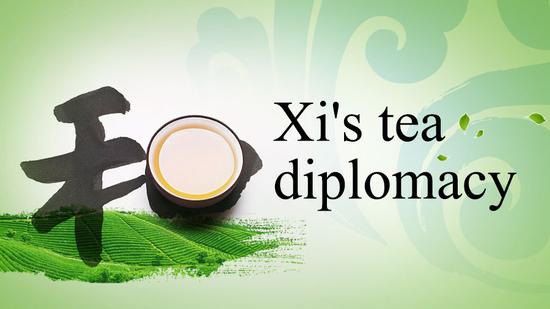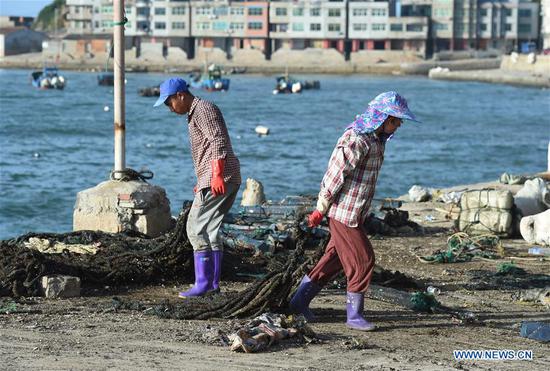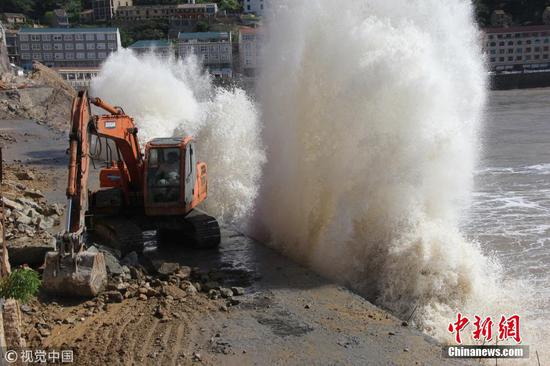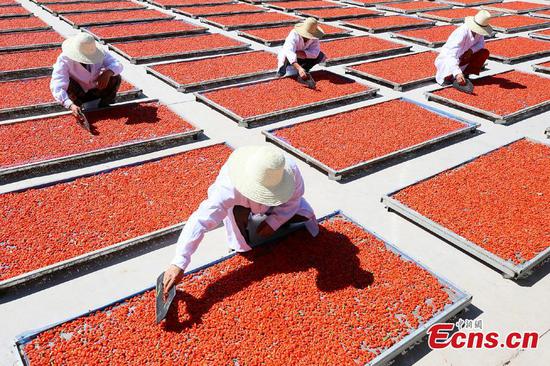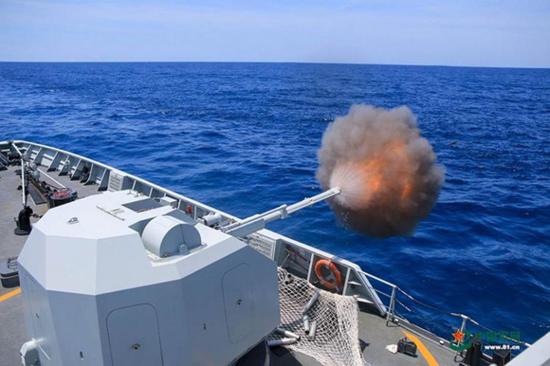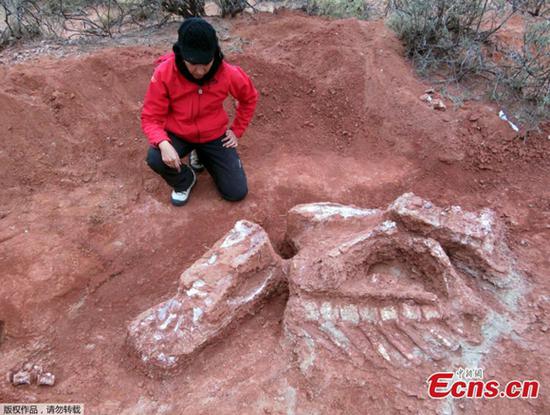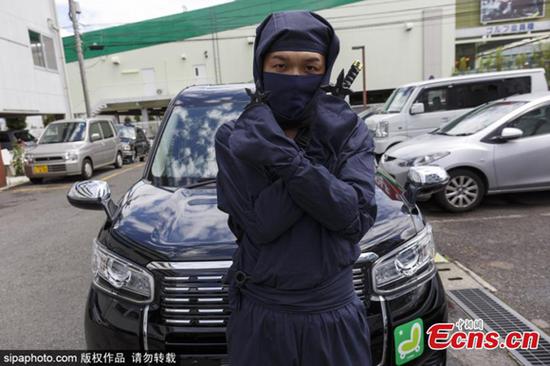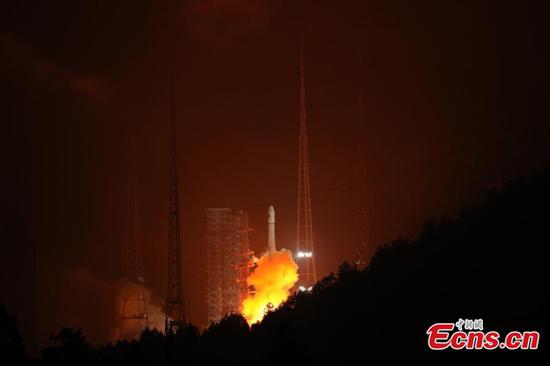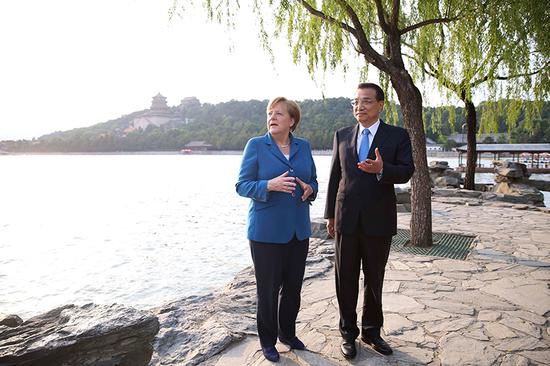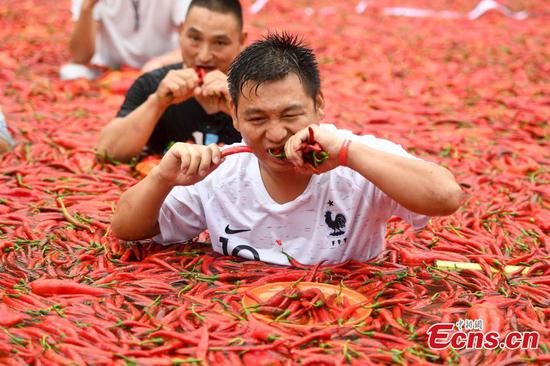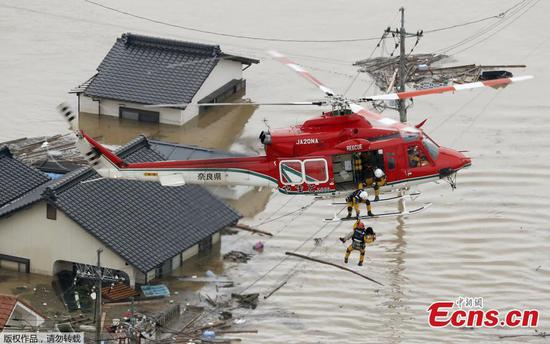Starbucks Corp's outgoing Executive Chairman Howard Schultz told Reuters on Monday that a recent slowdown of its business in China would be short-lived, seeking to ease investor concerns that the US coffee chain is under pressure in the fast-growing market.
Starbucks said last month that same-store sales in China would be flat to slightly negative in its second-biggest market in April-June, versus 7 percent growth a year earlier, triggering a sharp drop in the chain's share price.
Schultz, 65, who stepped down in June, said fears of a slowdown in the market were a "false narrative", and that over time the closely watched metric would regain its momentum. "I will say, unequivocally, that anyone who is betting against Starbucks in China is dead wrong."
Wang Zhendong, an analyst at Shanghai Feiyue Investment Management Co Ltd, a consultant to the coffee industry, said the chain's shift in priorities amid its fast expansion has had a negative impact on its growth.
"Starbucks has relocated its top barista teams to its Roastery store in Shanghai and its flagship store in Beijing from their regular stores, which actually drive its primary revenues," Wang said.
He added that the rise of internet-model coffee players, which have subsidized coffee prices and primarily offer delivery coffees, have attracted new consumers from Starbucks.
Jason Yu, general manager of Kantar Worldpanel, said the on-premises drink choice-such as highly rated Heytea tea shops-will grow and those alternatives will compete with Starbucks and other coffee shops.
"Those competitors will try to play in a different space, though Starbucks can still win through geographic expansion and growing total market demand," Yu said.
Schultz also hinted at a potential tie-up with e-commerce giant Alibaba Group Holding Ltd's billionaire founder Jack Ma, which could help rev up online coffee sales for the chain in China, according to Reuters.
Starbucks has no formal online delivery in China, where Alibaba-backed Ele.me competes with Tencent Holdings Ltd-backed Meituan-Dianping as the country's two biggest food delivery platforms.
Yu sees online-to-offline delivery giving Starbucks a boost.
"The O20 delivery platform will help to drive consumption in new locations for Starbucks, such as offices, homes and other social occasions," Yu said.
According to Euromonitor International, in terms of chained specialist coffee shops, which focus on serving coffee, Starbucks has reached a market share of 80.7 percent in 2017, up from 65.7 in 2013. But the more saturated and fragmented market has put pressure on the chain.











